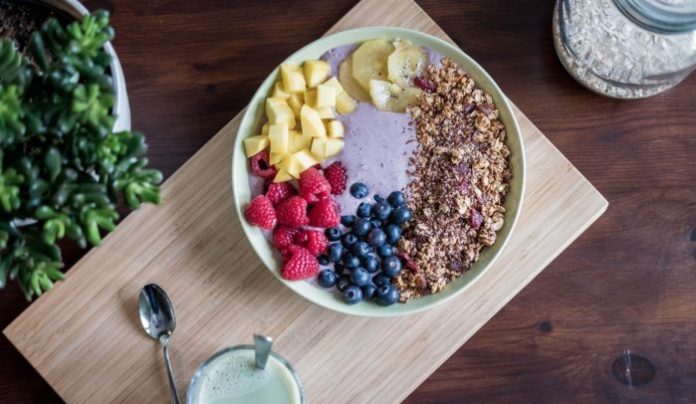
When I began university, there were a lot of changes in store for me, including one which I had never imagined: eating vegetarian. Over the course of a few months, I began practicing vegetarianism by first cutting out red meat, then by eliminating meat altogether. It wasn’t really a conscious choice at first–more so that I was in charge of most of my own meals for the first time, and meat just wasn’t something I gravitated towards when preparing my own food.
- Meat wasn’t something I gravitated towards.
People always ask me whether I don’t eat meat out of concern for the animals or whether it’s just personal taste. My answer always seems to come as a surprise when I say, “Both!” I began buying exclusively cruelty-free makeup back in high school, and I inspired my mom and several friends to do the same. At first, I was surprised by how many cruelty-free options are out there. I had a similar experience with eating vegetarian–most restaurants have a sizeable vegetarian menu or are willing to make a few changes to regular dishes to accommodate.
2. Being vegetarian doesn’t mean your diet is automatically healthy.
Something no one tells you about beginning to eat vegetarian is that it doesn’t necessarily mean your diet is automatically healthy. It is still possible to be vegetarian and eat unhealthily. You aren’t suddenly guaranteed to get those 5 to 8 servings of fruit and vegetables per day–it’s something you will have to work to achieve (and something I’m always aiming for, though it doesn’t always happen). That said, one of the only supplements you can’t get by eating a balanced vegetarian diet is vitamin B12, which is something I learned from hearing about other vegetarians who noticed small bruises forming on their arms and legs after becoming vegetarian. It’s important to take care of your health and listen to your body, especially if you’re following a vegetarian diet!
3. There are plenty of meatless options for protein.
If you’re worried about missing the taste of meat, there are always meatless alternatives (and they don’t have to be tofu!). Check out your local farmer’s market for stalls selling vegan meat (it’s a thing!) or scour the aisles of the grocery store for some meatless ground ‘beef.’ Mushroom or vegetable broth can easily replace chicken broth in soups and gravies, and tofu can actually make a great add-in. There are plenty of protein-rich alternatives to meat, but I had no idea until I actually became vegetarian how easy it would be to stop eating meat!
As for the benefits of eating vegetarian, it reduces your carbon footprint, and it can also lower your blood pressure! But that said, becoming vegetarian wasn’t a life-changing experience for me. It didn’t clear my skin and give me a dramatic boost in energy. But it was one of the easiest decisions I’ve ever made, one which hardly felt like a choice at all since it happened so naturally. I like living without the hassle of having to cook meat. I can still enjoy all my favourite foods without meat, and in the end, I’m happier for it.
Featured Image via Jannis Brandt on Unsplash



















Hi Hailey! Just read your article on how you became a vegetarian! Definitely agree with you: being vegetarian doesn’t automatically mean your diet is healthy.
As a vegetarian myself, it took me some times to adapt my diet to a healthy one! You have to take extra care about all the nutrients deficiencies you’re facing when not eating animal products As you say, B12 vitamin is one of them. But proteins can also be an issue, as plant-based proteins are incomplete! To get a sufficient amount of protein, you need to pair together complementary plant protein. I’ve written a complete guide on how to avoid all the most common deficiencies on a plant-based diet: https://naturaldietetics.com/healthy-vegetarian-and-vegan-diet/ – would love to hear your thoughts 🙂
Anyway, thanks again for your article! I always love to read inspiring stories 🙂